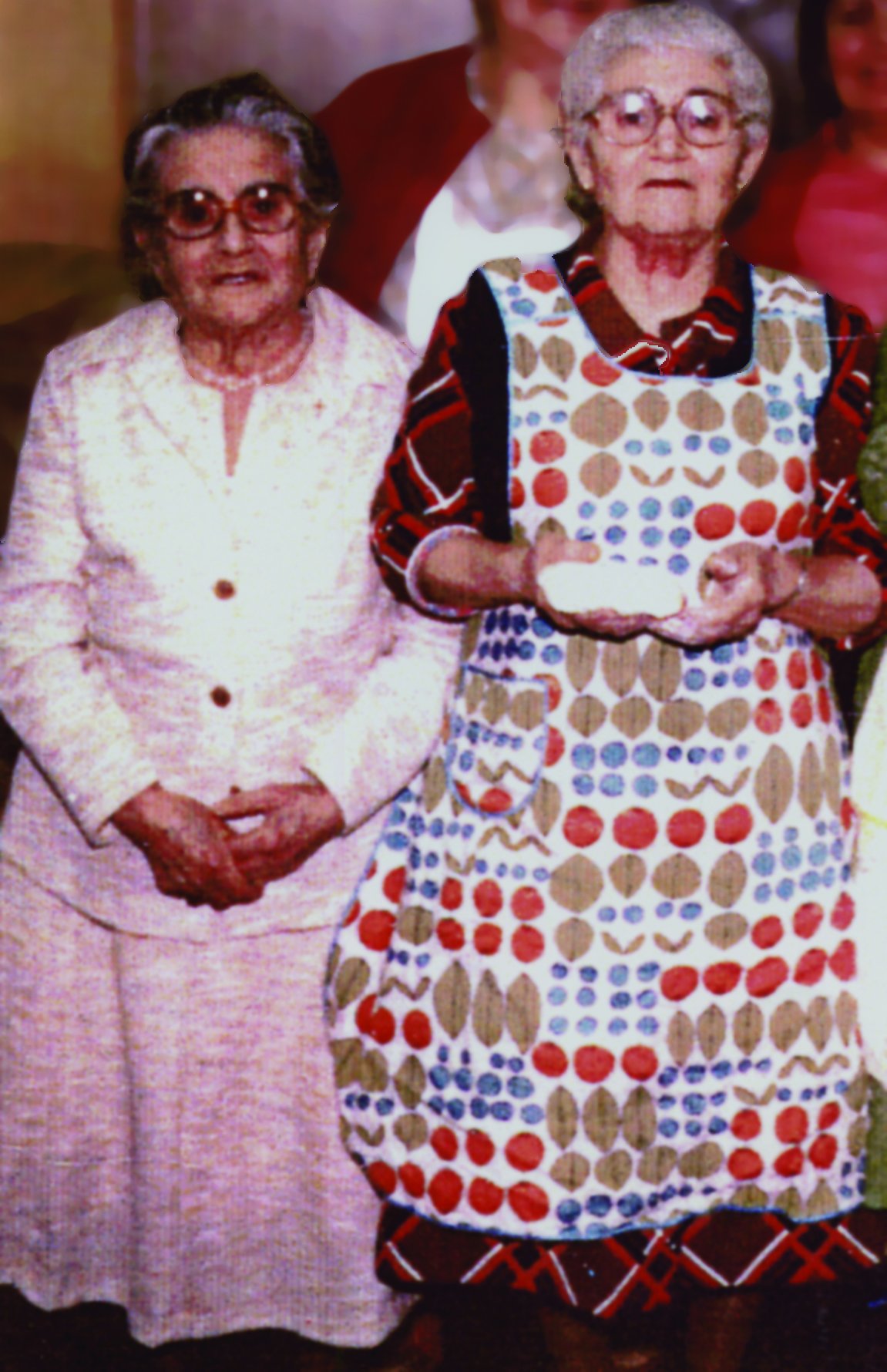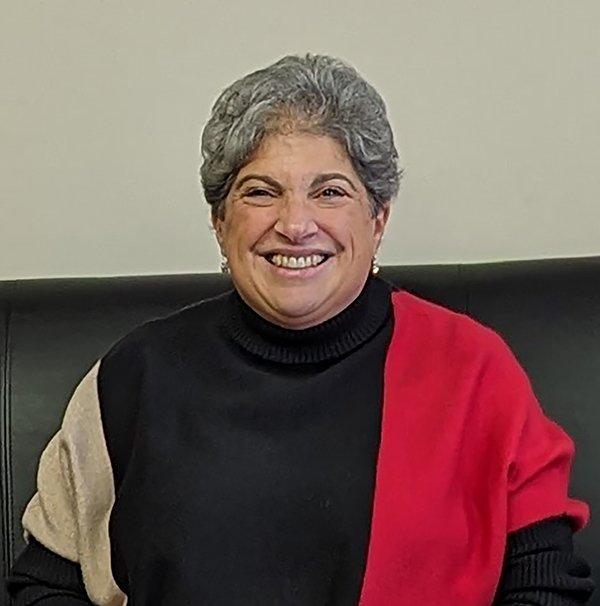
Margaret was probably about seven years old when she was taken as a slave in a Turkish household during the Armenian Genocide, and maybe the age of ten at the time of this occurrence. One of her chores was to make bread for her master, or agha. One day, while pouring the flour into a large bowl, she discovered that it was full of tiny baby mice. Quickly, she determined that whether she threw the flour away or told her master of their existence, she would be severely beaten. Instead, she decided to knead the mice into the dough and “let the bastards eat it,” in her words.
I grew up with this story because Margaret Garabedian DerManuelian was my maternal grandmother. This is a story of resistance. Rather than capitulate to certain torture, my grandmother, a survivor of the Genocide, resisted. She also told her agha that no matter how often or how violently he beat her, she would find a way to escape and be with her only surviving family member, her older sister Mariam.
Her story is not the only one of its kind.
There are many stories of resistance, before, during and after the Genocide. Armenians have a very long history of not surrendering to the malicious forces around them.
The most recent war in Artsakh should not have ended in capitulation either, certainly not with an agreement that was unilaterally signed and agreed to by Prime Minister Nikol Pashinyan without the knowledge of Armenia’s National Assembly or President. It’s a disastrous deal that comes after our soldiers fought so valiantly to defend and maintain our lands for the last month and a half and at the expense of the people, the cultural heritage and the history of Artsakh. Clearly, the citizens of Armenia have decisions to make, votes to cast and actions to take to reverse the current catastrophe which has rightly been characterized as an existential threat not only to Artsakh, but also to Armenia.
I have watched videos of the caravans of cars carrying the citizens of Artsakh away from their homes, seen countless photos of the destruction caused by the enemy in Stepanakert, Shushi, Martuni and more, and every single week, we selected the faces of our hero soldiers to include on the front page of this newspaper. Had these videos and photos been in black and white without the quality of our times, I would have thought it was the early 20th century instead of the year 2020. Putting the emotions of these last weeks into words is virtually impossible. But the overriding emotions now are anguish and anger. Since I’m the granddaughter of Genocide survivors and an activist, these emotions translate to actions.
I have seen many calls to maintain the unity of our global Armenian community clearly expressed from the beginning of this war. Frankly, I have seen anything but disunity since the outcome. Let’s not mistake disagreement with disunity. Of course we are united—united in defense of Armenia and Artsakh, united in outrage over an untenable surrender, united in our desire to provide aid to every single one of the more than 100,000 refugees forced to leave their homes, united in the preservation of our churches and centuries-old culture and united in our ongoing fight for international action to reverse the disastrous agreement and to recognize the independence of Artsakh.
I have also seen comments from people telling those of us who do not live in Armenia that it’s easy for us to opine from the comfort of our homes in the Diaspora. I believe the Diaspora has served as the second army of our homeland, raising millions of dollars to help our people. We have spent weeks marching and protesting against Azerbaijan’s war crimes and human rights violations, fighting for our beloved Armenia and Artsakh with every ounce of strength and commitment at our disposal. We did not choose to live outside our homeland. We were driven from our homeland, just as our brethren from Artsakh are being driven from theirs. This fact should not be overlooked and should not be acceptable to any Armenian.
I leave the policy discussions about what should and must happen for the future of our homeland to the experts in the field. In the meantime, since emotion translated to action is my weapon, my clear and only choice is to continue to work for the defense and survival of Armenia and Artsakh, especially in the pages of this historic publication.



Make war and Talk peace has been the Islamic strategy right from the start. We shouldn’t fall to the hogwash of Peace agreement.
Even about Russia’s intervention, In August 1921 Russians were stationef in Artsakh as agreement between Armenians and Russia, in November same year Stalin handed over Artsakh to Azherbaijan. I wouldn’t trust anybody.
I’m basically in agreement, but don’t forget that Stalin was a Georgian and a Bolshevik Despot.